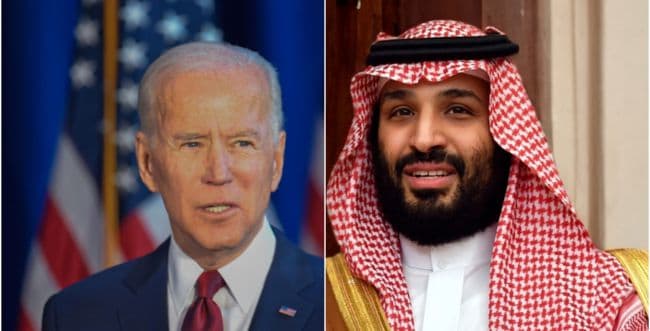Israel-Gaza War, 2-State Solution
Report: US making "dangerous" demands from Israel
The US is reportedly asking Israel to withdraw from Judea and Samaria & recognize a Palestinian capital in East Jerusalem.

According to a report in the Washington Post today (Thursday), senior officials in the US believe that a temporary ceasefire and the release of Israeli hostages will satisfy the public enough to demand the establishment of a Palestinian state.
It was also reported that the Biden administration is working together with Saudi Arabia and Qatar on a detailed and comprehensive plan for long-term peace agreement between Israel and the Palestinians, including a solid timetable for the establishment of a Palestinian state, which could be announced in the coming weeks.
The urgency of the effort is directly related to the proposed cessation of hostilities and the release of all hostages held in Gaza by Hamas, which is being negotiated by the United States, Qatar and Egypt.
The urgency also stems from the approaching month of Ramadan, by which time the US hopes to reach the agreement. For the same reason, Biden even fears an extensive attack by Israel in Rafah, which, in his opinion, will put an end to negotiations and damage the deal.
American officials also say that the main challenge is Israel because it will be asked to agree to a significant, if not hermetic, withdrawal from Judea and Samaria, a Palestinian capital in East Jerusalem, the rehabilitation of Gaza, and security and governance arrangements for the "West Bank" and Gaza.
The hope is that Israel will also be offered specific security guarantees and normalization vis-à-vis Saudi Arabia and other Arab countries, which will be difficult for it to refuse.
At the same time, the US is well aware of the position of Prime Minister Binyamin Netanyahu, who has not given any indication that he is ready to back down from either Hamas's demands for a hostage deal or his opposition to a Palestinian state.
"Everyone who talks about a two-state solution – well, I ask, what do you mean by that?" Netanyahu said on Sunday this week on ABC News, "Should the Palestinians have an army? Should they continue to educate their children for terrorism and extermination? Of course, I say, of course not."
"The most important power that should remain in Israel's hands," he said, "is determining security control in the area west of the Jordan River."